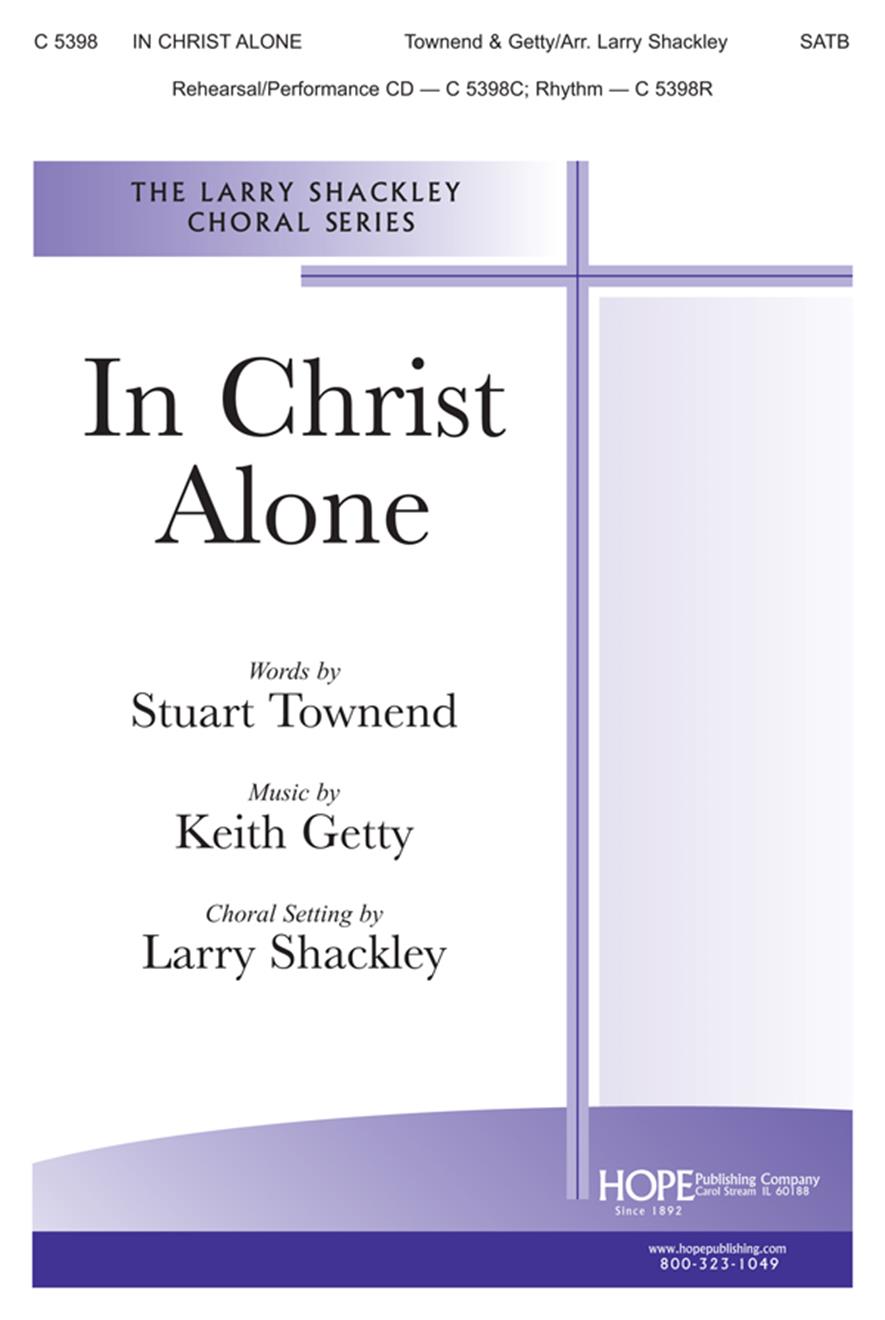

The publisher, Hillsong Music, and the author, Darlene Zschech, were not asked, nor approved, of the name Jesus being replaced. The word ‘shepherd’ was inserted instead. But during the broadcast, the opening line of the song was changed to remove the name of Jesus. The impact of changing, or deleting, just one word was brought to light in 2008 when the American Idol eight finalists sang “Shout to the Lord,” during the second annual charity drive, Idol Gives Back.

When permission was requested to use the song with the modified phrase, the committee learned that the song’s authors had not approved the earlier change. They assumed the song owners already had agreed to the change. Committee members had found a version of the hymn with the altered text in another hymnal published in 2010. The decision to drop “In Christ Alone” was complicated by an earlier oversight with obtaining rights for the song. Christian Copyright Solutions’ INDIEadmin service helps songwriters and publishers protect and license their musical works. The only exception is if a song is in the public domain, and then you can make any changes or additions you want. No matter how compelling the reason for changing, modifying or adapting the lyrics, it is the “exclusive” right of the song owner to make that decision and requires permission prior to any modification.

Then again, lyric changes may be suggested due to a desire to make a song more inclusive or gender friendly. Often, it is because a pastor disagrees with a song lyric based on a theological point, along the lines of the debate over “the wrath of God is satisfied.” Other times, a worship leader or songwriter may feel compelled to “improve” the song with a new verse or chorus. The controversy over changing lyrics for “In Christ Alone” is in the limelight, but it’s amazing how many times church worship leaders and pastors actually do change song lyrics without even thinking about asking permission first. Any modification or adaptation of a copyrighted work, like a song, is the exclusive right of the owner and requires permission prior to any modification. This is an infringement of the copyright owner’s derivative and reproduction rights. However, the frequency of copyright infringement is far more prevalent when it comes to changing lyrics without obtaining permission from the song owner. There’s probably a lot more focus on the theological debate over the phrase “wrath of God was satisfied” in this case than there is on the copyright licensing and infringement issue. There seems to be an irresistible urge to change song lyrics, replace a word or add a verse to a popular worship chorus or hymn.


 0 kommentar(er)
0 kommentar(er)
